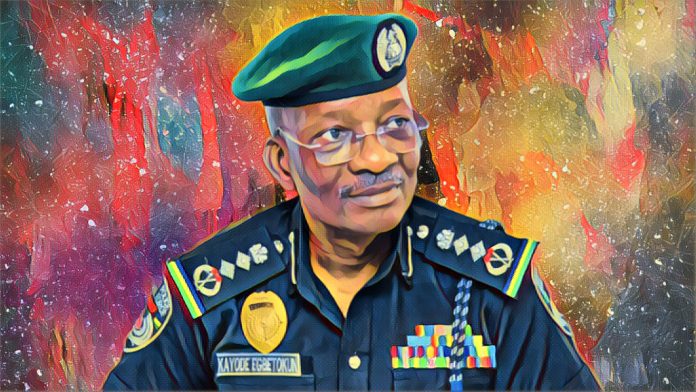In a striking contrast of views, the Inspector General of Police (IGP) of Nigeria, Kayode Egbetokun, declared that Nigeria is not yet prepared for state police, despite strong endorsements from various quarters, including President Bola Tinubu. This statement came during a dialogue on state policing organized by the House of Representatives Committee on Constitution Review, and it dampens the momentum for significant reforms aimed at addressing Nigeria’s escalating security challenges.
The IGP’s assertion, articulated by Assistant Inspector General Ben Okolo, emphasizes concerns over potential misuse of state-controlled police by local governors for political or personal gain, and fears of exacerbating existing ethnic tensions. In light of these concerns, Egbetokun proposed merging the Federal Road Safety Commission (FRSC) and the Nigerian Security and Civil Defence Commission (NSCDC) with the federal police, rather than creating separate state police forces.
This viewpoint clashes directly with President Tinubu’s stance, who has advocated for state policing as a critical evolution in Nigeria’s law enforcement framework. Represented by Vice President Kashim Shettima at a National Dialogue, the President emphasized state policing as not merely a policy proposal but a significant milestone. He highlighted it as a strategy to tailor law enforcement to the diverse needs of Nigerian communities, thereby enhancing national security.
The dialogue, attended by influential figures like former President Goodluck Jonathan and former military Head of State Gen. Abdulsalami Abubakar, highlighted a broad consensus minus a few dissenters. Jonathan stressed the indispensability of state police in contemporary Nigeria, pointing to the relentless threats of kidnapping and other crimes. He argued for a framework that prevents potential abuses by state political actors, echoing concerns about governors using police forces to suppress opposition.
While most speakers at the event supported the creation of state police, Archbishop John Onaiyekan and the IGP presented significant reservations. Onaiyekan, in particular, cautioned that without addressing the pervasive corruption among political office holders, state policing could turn futile. He advocated for addressing the police force’s funding and welfare issues first to build a robust foundation for any form of decentralized policing.
The dialogue has sparked considerable public discourse. Afenifere, through its National Publicity Secretary, Jare Ajayi, criticized the IGP’s remarks as backward-looking, arguing that Nigeria’s security complexities make local policing imperative now more than ever. Prof. Oyesoji Aremu of the University of Ibadan echoed this sentiment, stating that the IGP’s stance could hinder the progress already made toward establishing state police.
In response to the emerging challenges, President of the Senate, Godswill Akpabio, emphasized the need for a state policing system that is free from political, tribal, and ethnic influences. He drew parallels with the United States, where federal and state policing systems coexist with defined roles, suggesting that Nigeria could benefit from a similar model. Akpabio’s vision is for a security architecture that is robust, transparent, and accountable, ensuring that state police do not become tools for oppression or political witch-hunting.
The debate on state policing is part of broader discussions on how Nigeria can evolve its security apparatus to effectively tackle internal security challenges. The speakers collectively underscored the need for a balanced approach that safeguards human rights and promotes justice while enhancing the capacity to address diverse security threats across the country.
As the dialogue concluded, the call for action was clear: move beyond discussions and implement changes that would lead to a more secure and just Nigeria. The consensus among most participants is a testament to the pressing need for reforms that align law enforcement structures with contemporary security needs and democratic values. However, the path forward requires careful consideration of the diverse opinions and potential risks associated with such a fundamental transformation of the policing landscape.



